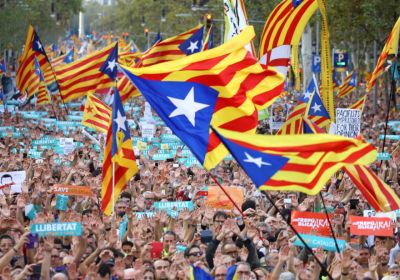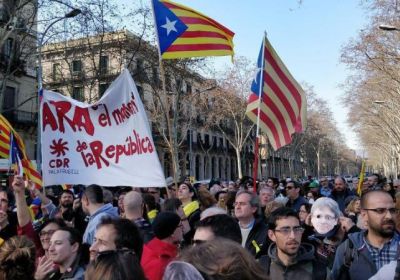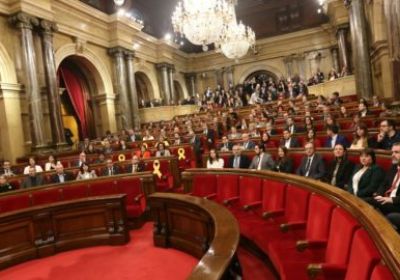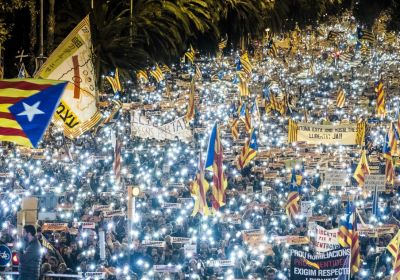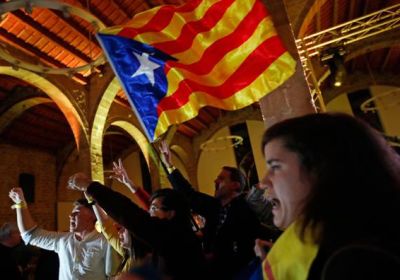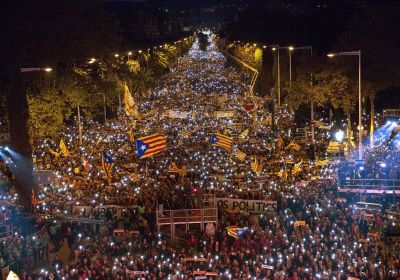
Basque Homeland and Freedom (ETA), which waged a decades-long military campaign for Basque independence, released its “Statement to the Basque Country: declaration on harm caused” on April 8. The statement is an apology for the suffering arising from more than 40 years of violent operations that ended in a permanent ceasefire in 2011.




